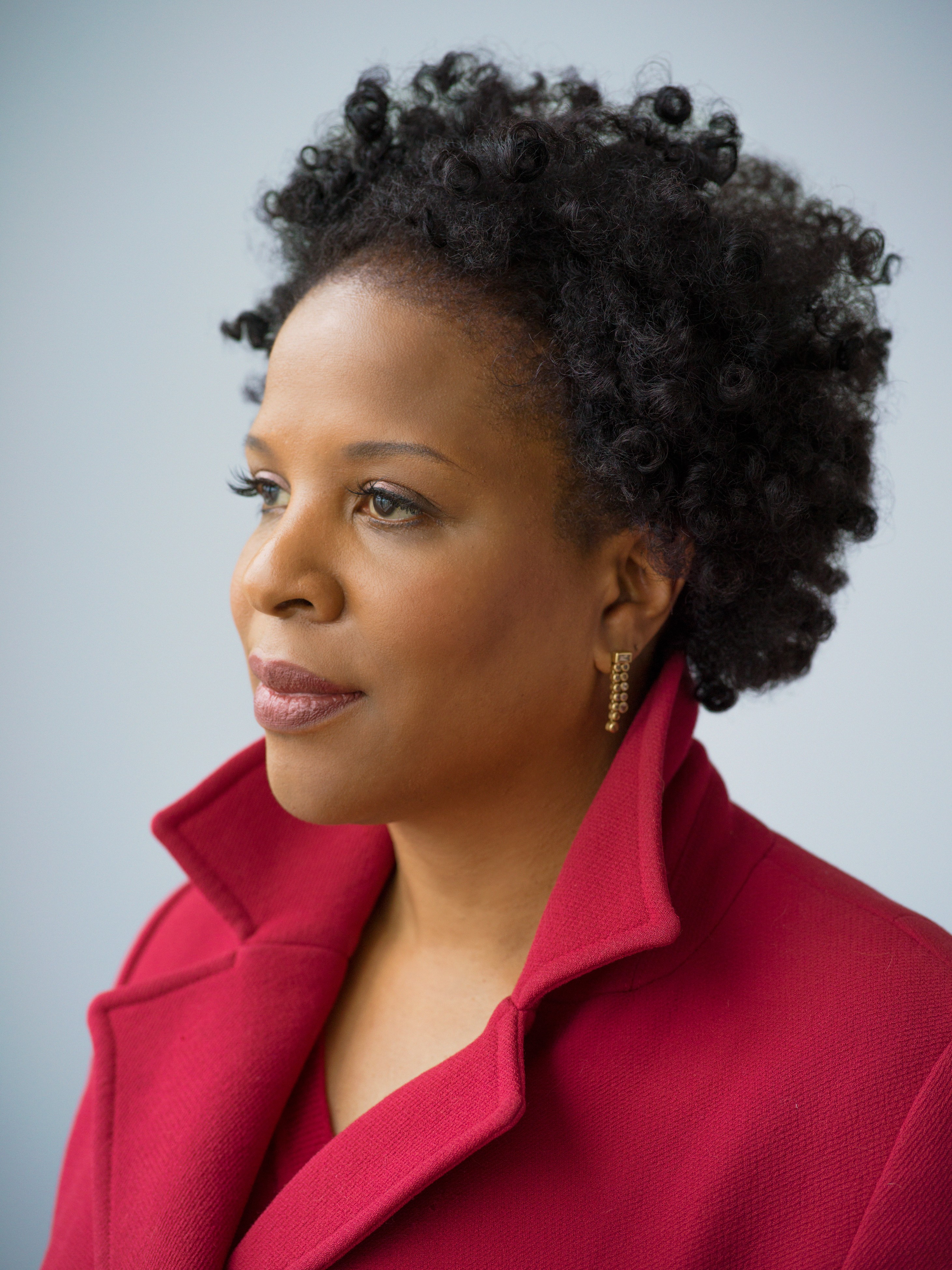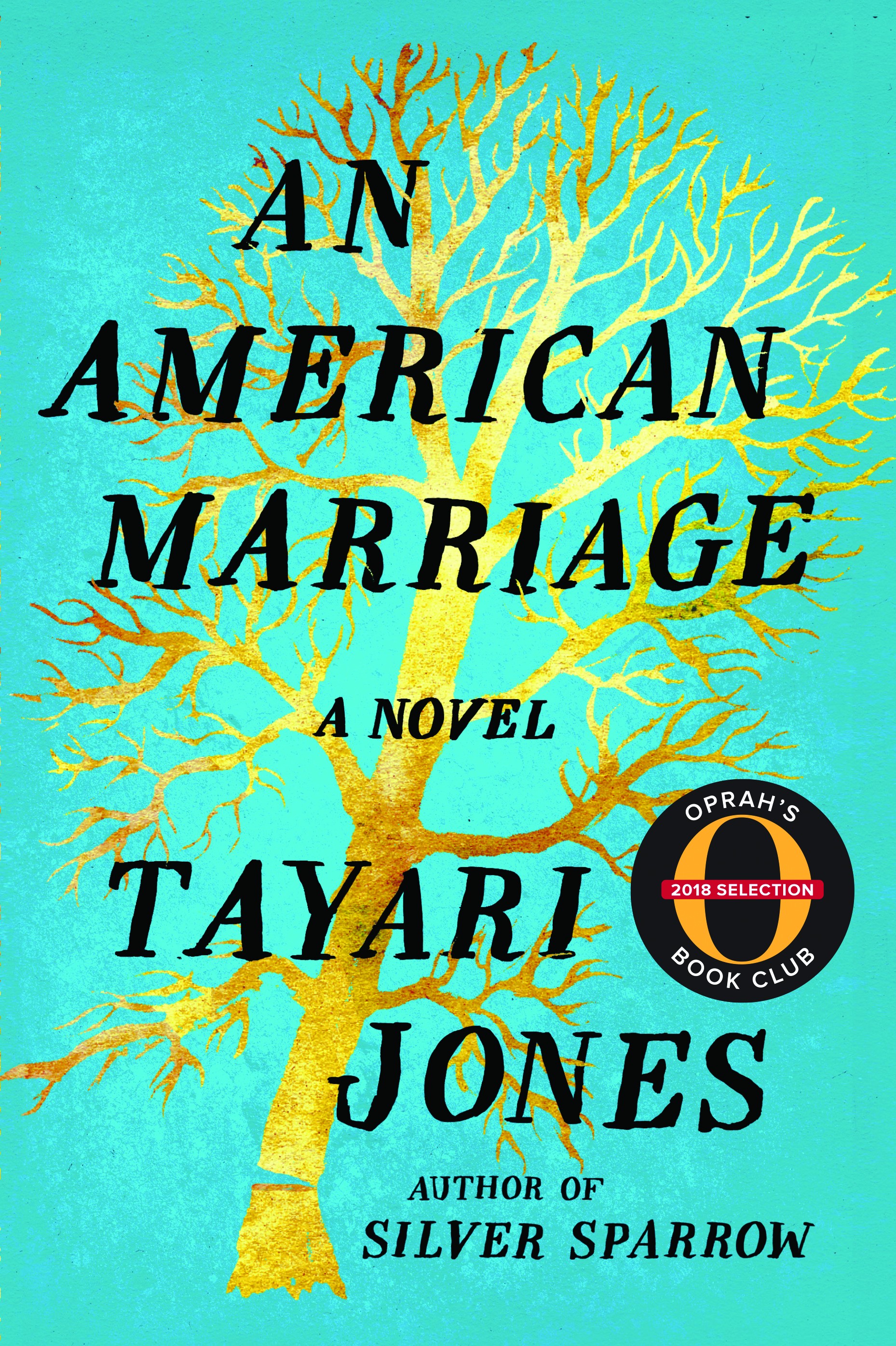
Last summer, Richard Alley wrote in the Flyer’s Book column about a welcome new nonprofit in Memphis dedicated to the promotion of marginalized Southern writers and readers. “In the same way that the visual arts, live music, indie films, and theater have their advocates, so should the writer and reader,” Alley wrote, heralding the arrival of the Center for Southern Literary Arts (CSLA), the brainchild of Molly Rose Quinn, Jamey Hatley, and Zandria Robinson. Now, less than a year later, after three sold-out events, the CSLA is bringing Tayari Jones, a writer of prodigious talents and seemingly infinite heart, to the Orpheum to discuss her new novel, An American Marriage, which was just named as Oprah’s Book Club 2018 selection.
Jones’ tight and heart-wrenching novel tells the story of Roy and Celestial, a hardworking couple of newlyweds living in Atlanta. They met in college, but the original meeting didn’t take, and their relationship began in earnest when they bump into each other in New York years later, Roy the only African-American man in a group colleagues in town on business, and Celestial the only black woman in her masters program. Both of them from the South, the pair trade eye rolls when one of Roy’s coworkers drops the word “yankee” for Northerners, a common bond kindles between the two, and their relationship grows.
The story of their meeting is told in flashback; when the reader meets Celestial and Roy, the young pair are a little over a year into their marriage. Though they are far from flawless, they’re all the more sympathetic for their grounding in reality. While Roy works to help his wife start her artisan doll business — she calls them poupées at Roy’s suggestion — he still comes home occasionally with phone numbers scribbled on the back of his business cards. He swears he doesn’t call them, but they are working to recover trust and, they hope, prepare for the next stage in their life together.
When Celestial and Roy stay at a hotel in Eloe, Louisiana, while visiting Roy’s parents for Thanksgiving, the trajectory of their lives is changed forever. Roy is accused of rape, and, though innocent of the crime, he is arrested and convicted. Celestial knows her husband is innocent, but she must find a way to live with the years stretching ahead of them, far longer than they have been together. Celestial struggles, and sometimes the examples of love she sees around her serve only to underscore her fears, offering no encouragement. She never doubts Roy’s innocence, but she was just beginning to lean into her role as a wife when she is forced to come to terms with an entirely new life, one that she never bargained for.
“I knew that things like this happen to people,” Celestial writes to Roy, “but by people, I didn’t mean us.” Both Celestial and Roy were faced with challenges in their lives before being forced to meet head-on the challenge of such gross injustice. Neither Celestial nor Roy did anything wrong, but still they are both being made to pay for a crime. “It’s not that they were naïve,” Jones says of the characters she created. “They both thought they had circumvented this kind of situation.” Roy grew up poor in a small Southern town, where some of the old men say the only options open to a young black man are six or 12. “‘That’s your fate as black man. Carried by six or judged by twelve,’” a fellow inmate who goes by the moniker Ghetto Yoda tells Roy.

“Class does not necessarily save you,” Jones says. “It improves your chances, but it doesn’t inoculate you.” Jones writes with compassion and understanding that makes these characters seem ready to step off the page and plead their case. As in life, no one is entirely innocent of wrongdoing, but neither are there antagonists. There is no “bad guy,” just a night that went the wrong way, setting off a chain of circumstances and injustices, but also setting up opportunities for understanding, forgiveness, and redemption. In An American Marriage, the hurts inflicted cut both ways, and Jones’ confronts stereotypes without being stereotypical. She paints a complete and compelling picture by allowing her characters the breathing room to come to terms with and finally admit their own mistakes — and their needs.
Though not entirely epistolary, the novel is told in part as a series of letters sent back and forth from the prison in Louisiana to a comfortable home in Atlanta. When I told Jones that the letters made up one of my favorite sections of the novel, the author confessed a love for writing that came as no surprise. “I am a letter-writer in real life,” she says before asking me to include a word of advice in this column. “People always ask me about my advice to people who want to write,” Jones says. “I believe that people with the most important stories don’t have time to write every day.” The author said that we are in need of everyone’s stories, now more than ever.
Tayari Jones reads from and signs her novel An American Marriage at the Orpheum Theatre, Tuesday, February 27th at 7 p.m. $15.